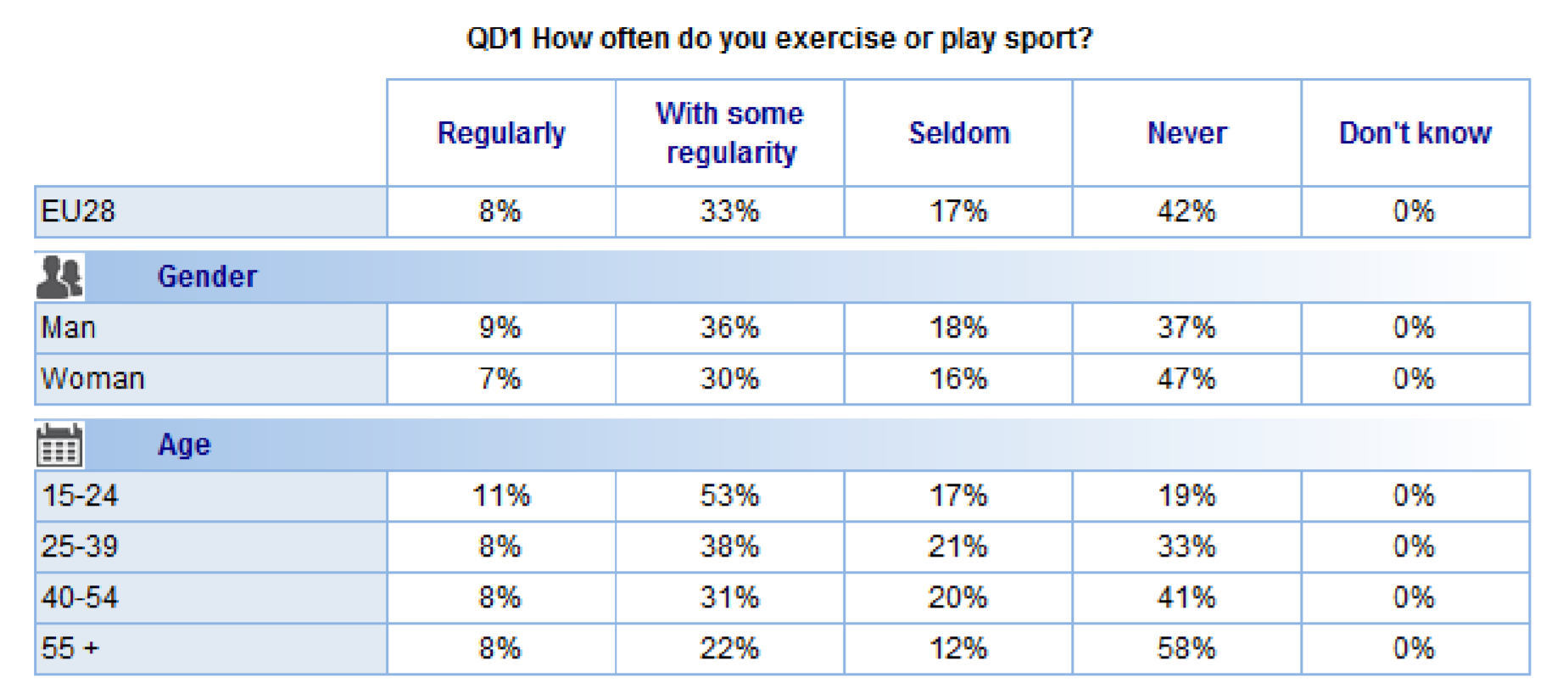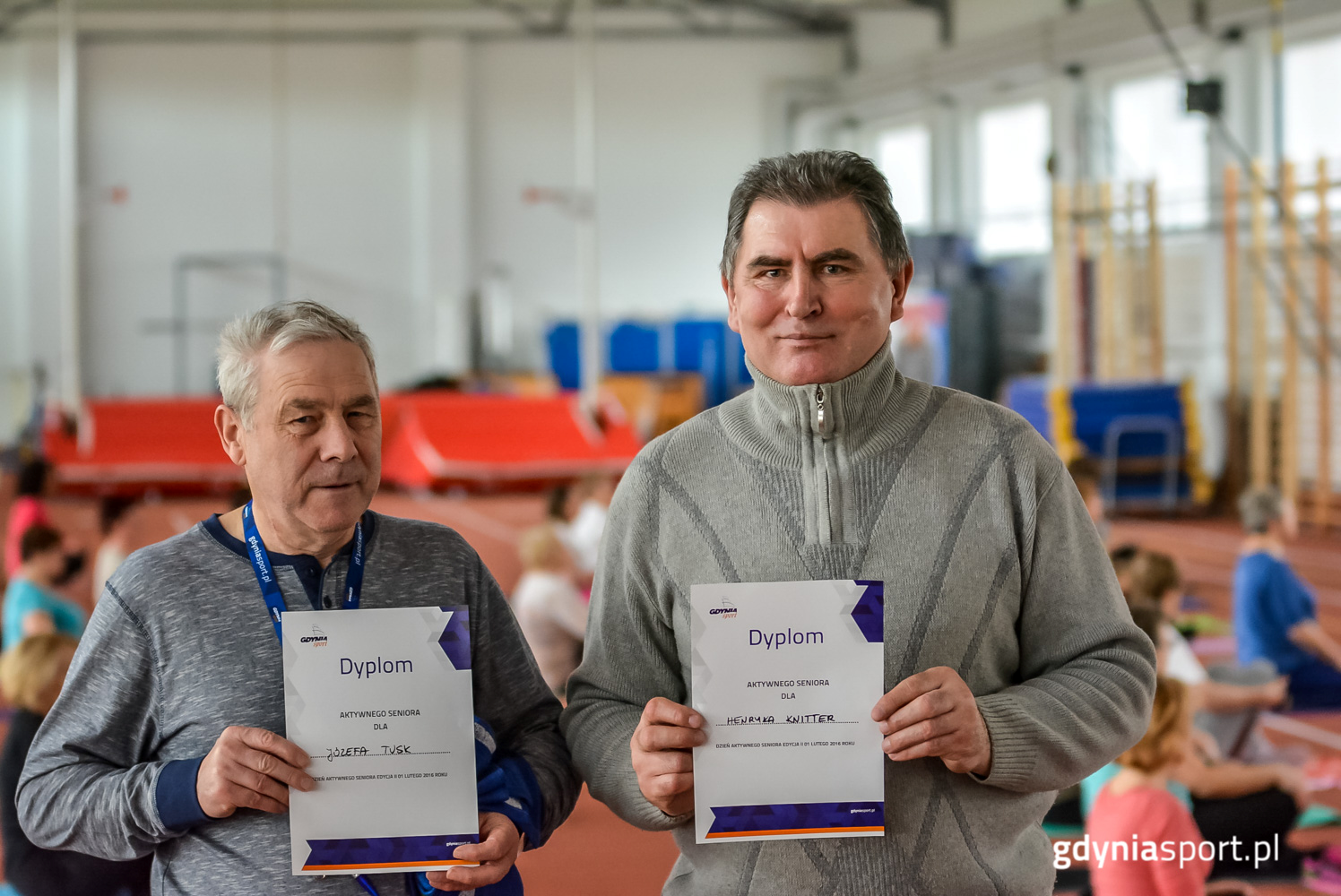Although we know how important it is to be active, especially at an advanced age, it seems we still don’t practice enough. What are the statistics and what are the ways of motivation for seniors?
What do the surveys say?
Survey from 2014 “Sport and Physical Activity” Special Eurobarometer 412 showed that only 30% people over 55 years exercise or play sport once a week.

The main reason of not doing sport were: lack of time, lack of motivation or interest, having a disability or illness, fact that it is too expensive, do not liking competitive activities, do not having friends to do sports with, cite lack of suitable or accessible sport infrastructure close to home.
MEMTRAIN project is aimed to deal with this terrifying statistics by encouraging seniors to do sport. Doing sport brings a lot of benefits – besides enhancing physical condition, it provides optimism, energy and opens people to the world!
What should we do to motivate older people to do sport?
Situation is much easier when seniors have practiced physical activity in the past, because they can feel this important need to be active and have some grounds.
But what about people who have never trained any kind of sport? We need to focus on working out a good motivation for them!
In our society there is a conviction that sport is tiring, too hard for seniors. That’s why we need to start our discussion from breaking this stereotype. We need to show all the positives of doing sport such as (based on EU Physical Activity Guidelines):
- A reduced risk of cardiovascular disease.
- Prevention and/or delay of the development of arterial hypertension, and improved control of arterial blood pressure in individuals who suffer from high blood pressure.
- Good cardio-pulmonary function.
- Maintained metabolic functions and low incidence of type 2 diabetes.
- Increased fat utilisation which can help to control weight, lowering the risk of obesity.
- A lowered risk of certain cancers, such as breast, prostate and colon cancer.
- Improved mineralization of bones in young ages, contributing to the prevention of osteoporosis and fractures in older ages.
- Improved digestion and regulation of the intestinal rhythm.
- Maintenance and improvement in muscular strength and endurance, resulting in an increase in functional capacity to carry out activities of daily living.
- Maintained motor functions including strength and balance.
- Maintained cognitive functions and lowered risk of depression and dementia.
- Lower stress levels and associated improved sleep quality.
- Improved self-image and self-esteem and increased enthusiasm and optimism.
- Decreased absenteeism (sick leave) from work.
- In very old adults, a lower risk of falling and prevention or delaying of chronic illnesses associated with ageing.
It’s also good to present strong connection between systematic activity and better physical condition, health and mood. When we are doing sport we feel much better, healthier and happier. Don’t be afraid to emphasise the fact, that when we are active our independence is growing. This is very important information for older people who very often feel stressed because of the fact, they are addicted to others. Being physical active makes them independent in many aspects of daily life!
Nowadays, its really easy to find sport offers for seniors. There are many sport classes devoted to this group of people and sometimes they are even free of charge. Look around, ask your friends, search the internet and we guarantee that you will find the best option for your senior. If not, you can always walk outside together and spend time not only active but also in family atmosfphere.

